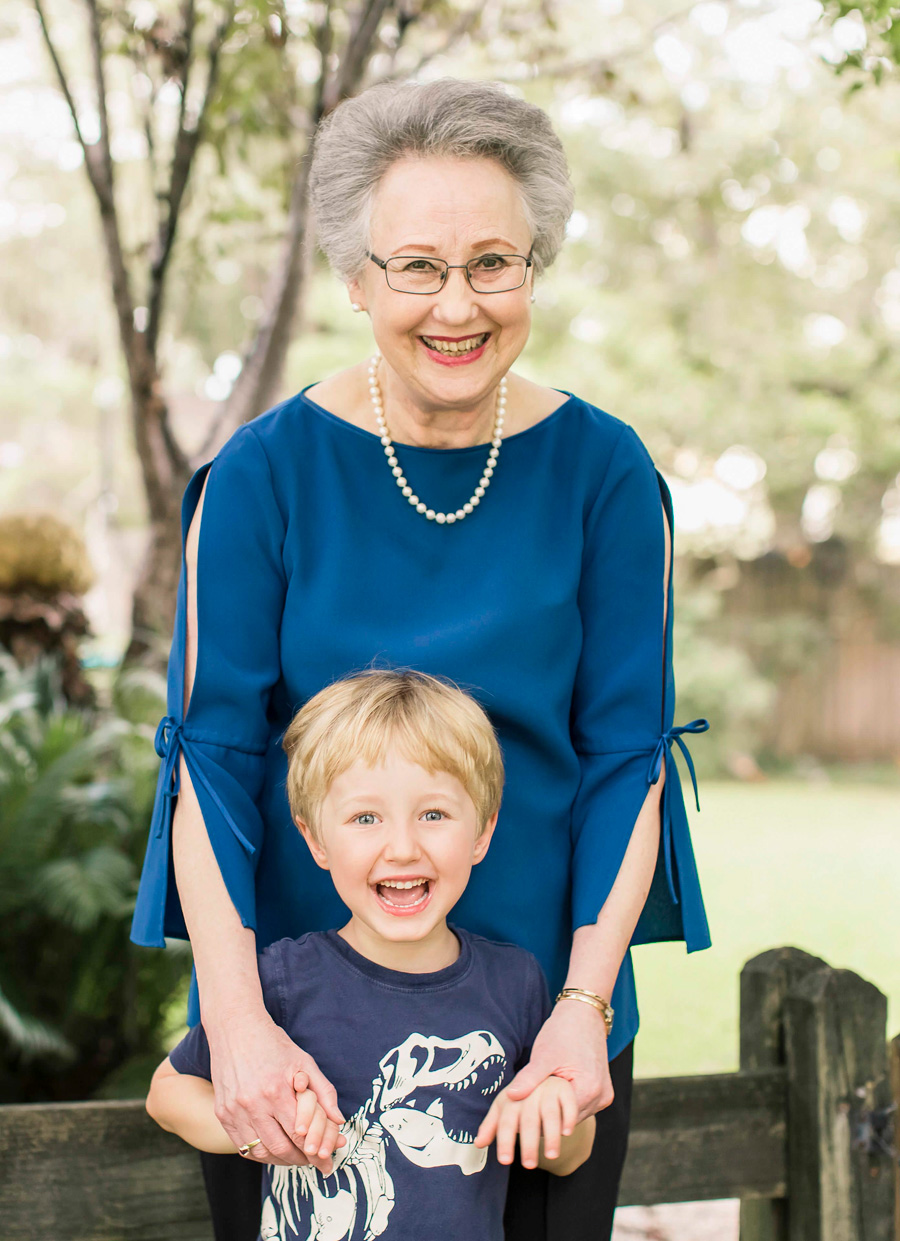
A pioneer throughout her career, Cathy Krendl ('67) has helped make the future female. From forging a space for women on the UNT debate team to writing and editing law books for Colorado law, Krendl has left an indelible mark on the world.
Krendl chose to attend North Texas after watching the university's debate team win the National Debate Tournament on television.
"My interest in debate started in high school," she says. "My debate teacher recruited me as I enjoyed argument with facts. After seeing how well and articulate the North Texas debate team was, I knew I wanted to learn from the man who taught them."
Vice president of the Student Body and a member of The Green Jackets, Krendl was a member of the first all-women team to compete in the National Debate Tournament at West Point in 1966.
"My colleague and I were ecstatic because our hard work had paid off," she says.
At that time, the UNT debate teams were separated by gender -- and while the men's division generally garnered the most attention, Krendl and her debate partner, Jebby Prindle Phillips ('66), won at the regional level and moved to nationals during their time on the team.
"I did not feel affected by sex division, and I was not perceived to be any less thanks to the North Texas debate program," says Krendl, who adds that an atmosphere of inclusion was fostered by what was then the Department of Communication and Public Address.
After earning her B.A. in political science, Krendl moved on to study at Harvard Law School, where she received a partial academic scholarship. She was one of only 23 women in a class of 525, now studying alongside prominent MIT, Georgetown, Northwestern and Stanford alums against whom she used to debate. She was used to dealing with men on intellectual terms and remained decidedly unaffected by the disproportionate difference in the male to female ratio. Krendl interned at White & Case, an international law firm in New York City that represents companies, governments and financial institutions in litigation, and was eventually hired full-time as one of three women practicing law and the only woman in the business law sector.
"They cared about how hard you worked, not about your gender," she says. "They treated me very well."
The firm asked her to be an expert witness in a high-profile 2001 case involving Houston-based Enron, in which the corporation faced an accounting scandal that later resulted in bankruptcy.
"I was very honored to be requested by White & Case for the Enron case," she says. "The man who selected me read my expert witness report on a different case. He was not a man to be easily impressed, but he was impressed with my hard work."
After graduating from Harvard, Krendl found it difficult to secure employment. Overall, there was a community struggle of prejudice against women in the world of law. Though she graduated with honors from Harvard, because she was female, those credentials alone were not enough to get into firms. She did not let the search for employment get to her and Krendl lived her life as an advocate, an example of a woman who could work hard and be successful.
"The number of women in law and their acceptance have increased," she says.
Twelve years into her career, Krendl and her husband established a law firm in Denver, where they practiced for 30 years. She was the first female tenured professor at the University of Denver since World War II and the president of the Denver Bar Association. During her teaching career, Krendl wrote and edited eight books for Colorado law.
When Krendl retired from the Denver Bar Association, it gave her the first-ever business law award named in her honor -- the Cathy Stricklin Krendl Lifetime Achievement Award.
Over the course of her life, Krendl has watched the world of law change. Researching particular law used to be cumbersome and meant long hours in the library, but the process is now far more efficient with the use of online tools and the world's information at our fingertips. Back then, junior lawyers spent most of their time doing research, rather than analyzing how a specific law affects the client and how the client complies with the law.
Krendl sees law programs (and debate) providing more tools for success in teaching young lawyers. Today, young lawyers spend more time in the analyzation process and in practice.
And all these years later, she still attributes her successes to her time on the UNT debate team.
"Debate was the most important influence in my life. It gave me the courage to apply to Harvard and the confidence to compete on the national level," she says. "Debate helps us understand each other despite our cultural differences and teaches us how to think about both sides of the issue. In today's climate, we are not doing that, and we need to be thinking that way to survive as a democracy."